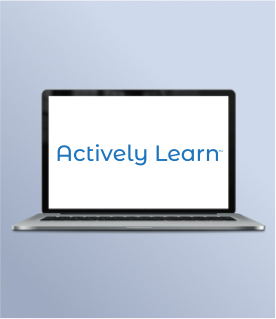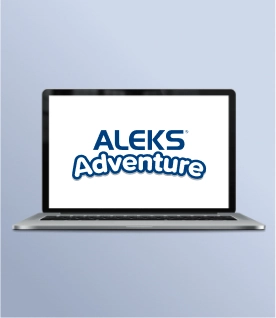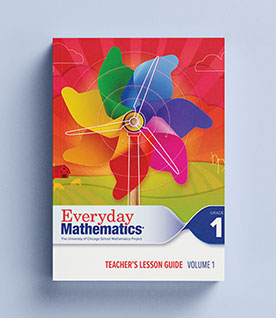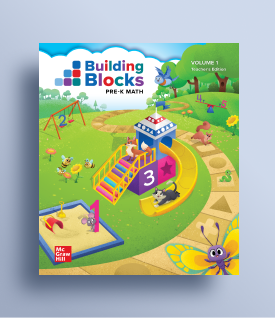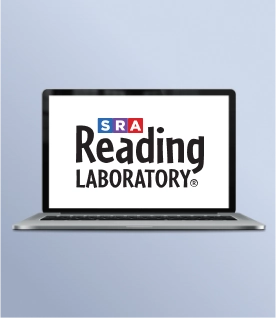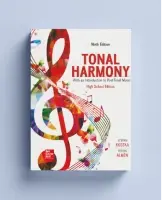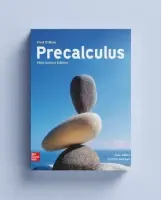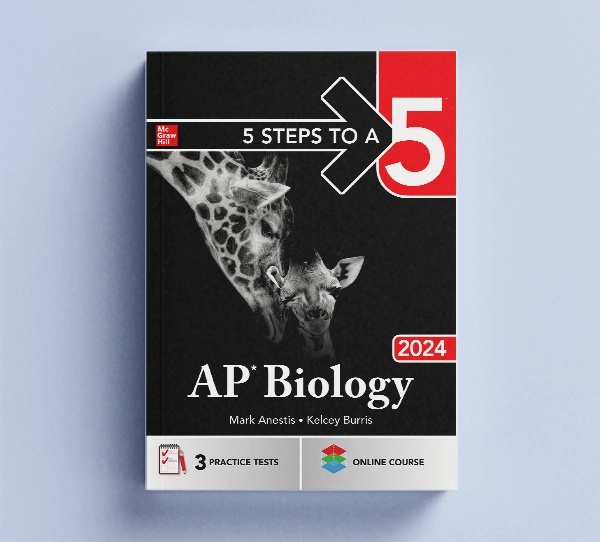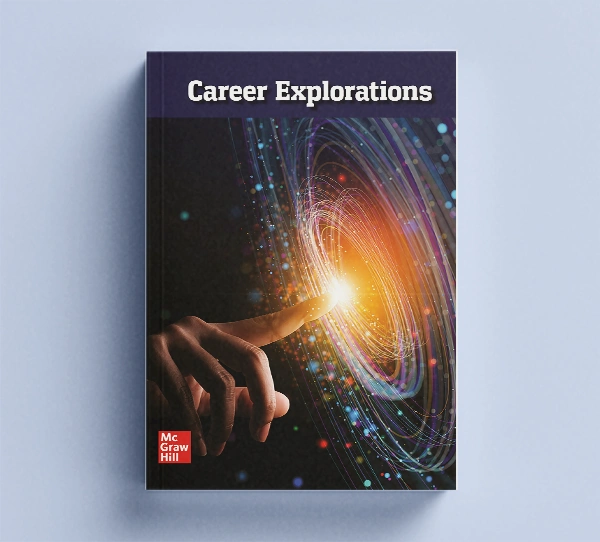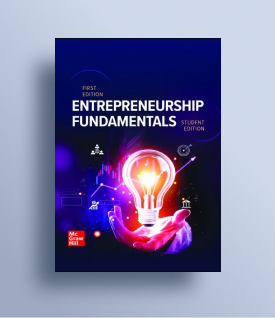My Account Details
What is the Science of Reading?
The Science of Reading is comprised of more than 40 years of research pinpointing the pillars of any effective literacy program: Phonemic Awareness, Phonics and Word Recognition, Fluency and Vocabulary, and Comprehension.
Learn more about the research and literacy frameworks behind the Science of Reading:
What About Secondary Learners?
The Science of Reading is often most closely associated with foundational skills and phonics, but it is just as applicable and critical for students in grades 6–12. For secondary learners, rather than focusing on phonics, the Science of Reading focuses on building academic language, comprehension, digital literacy, writing, and a host of other important skills students need to be successful “comprehenders.”
Watch a short snippet of our discussion with Dr. Tim Shanahan and Dr. Amanda Goodwin on how the Science of Reading applies in the secondary classroom. Click "Watch the full session" below to see the entire discussion.
At the end of the day, I don’t think we’re done until every student is successful, so let’s use the Science of Reading to empower our teachers and our students to be successful.
Unlock the Science of Reading in Your Classroom
Find out which research-based K-5 literacy program fits your needs
Deliver impactful instruction with solutions grounded in the Science of Reading. Whether you prefer a structured or flexible curriculum, need a solution that brings students back up to grade-level, or want to accelerate literacy growth, we have something for diverse learners in every classroom.
Our Evidence-Based Literacy Solutions
We've drawn upon decades of literacy research as well as our collaborative work with preeminent reading researchers and experts to inform the design, development, and ongoing efficacy testing of our literacy solutions.
Our research-proven best practices help students grow as readers, writers, communicators, and life-ready learners.
For Grades K–6
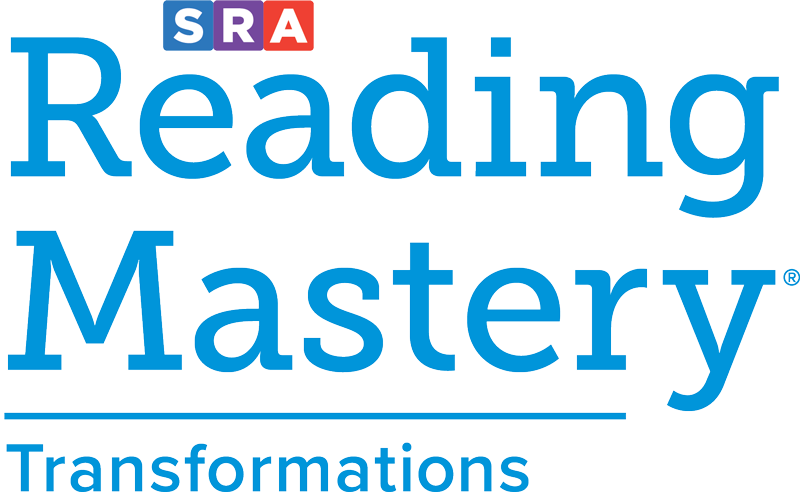
, Link will open in a new window
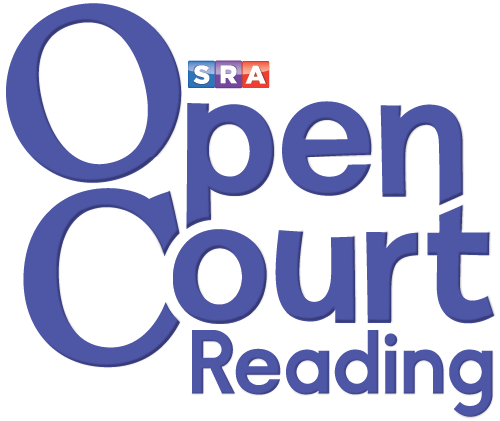
, Link will open in a new window
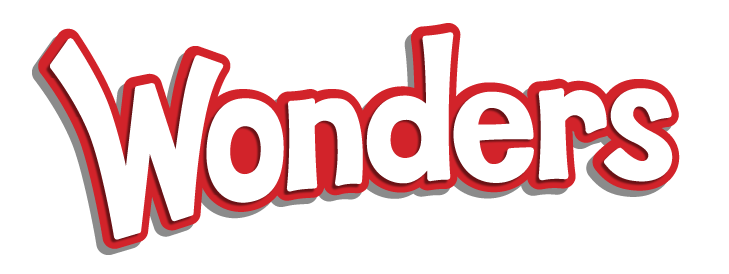
For Grades 6–12

Fuel Your Knowledge
Take your Science of Reading knowledge to the next level with insights from our experts.
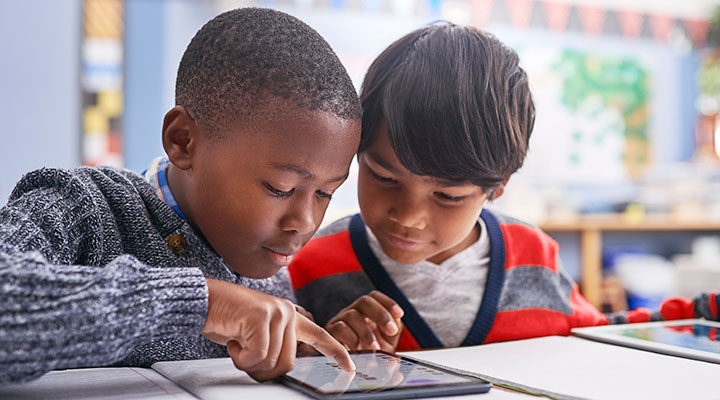
, Link will open in a new window
Learn more about the Science of Reading in these articles from Literacy Experts.
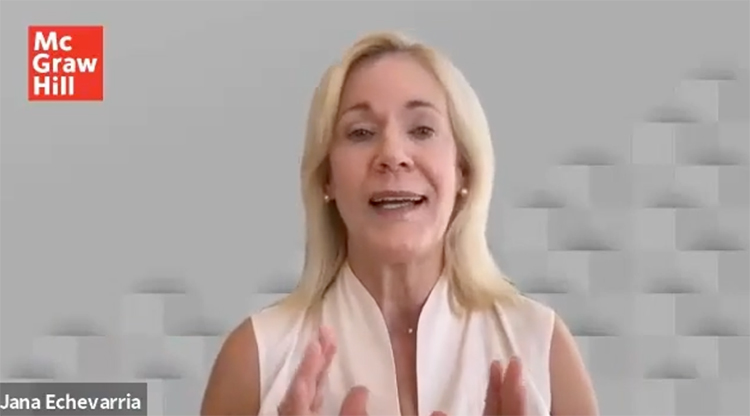
, Link will open in a new window
Listen to conversations with Dr. Tim Shanahan, Dr. Jan Hasbrouck, and Dr. Jana Echevarria.

, Link will open in a new window
Get straight talk on the Science of Reading from Dr. Timothy Shanahan.




